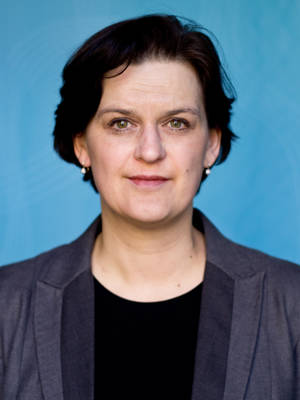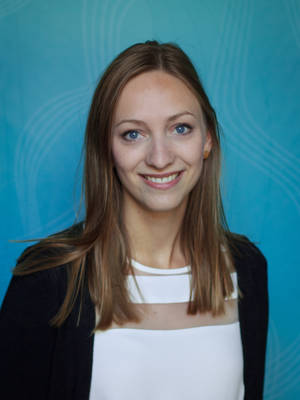The use of mass rapes during the Bosnian war brought female bodies onto the stage of international security concerns and largely changed the ways in which gendered security concerns were understood and international engagement as well as transitional justice was seen. The ways in which rapes could be construed as a weapon of war was intimately linked to perceptions of gender, defined within a patriarchal power structure, in a local Bosnian context, and in relation to what was perceived as a "new" war.
In the aftermath of the Dayton Agreement in 1995, gender equality and women's status in society become the hallmark of two opposing forces within Bosnia: transitions towards Western capitalist ideologies against traditional ways of living where ethnic and religious parameters defined new (and differentiated) limitations for women.
Today, Bosnia is on the path towards EU application status and again gender concerns are cast in the middle of opposing forces. As a multi-ethnic and multi-religious country in central Europe with a long-standing international presence since 1995 from various multilateral actors such as the United Nations, NATO and the EU, Bosnia is a particularly well-suited case for studying how a country going through a major societal transition perceives gender equality and women's participation as defined from the outside.
This will be explored in this study by:
- identifying the main international norm entrepreneurs in Bosnia working with gender issues (such as the EU mission, OSCE, Office of the High Representative, selected ambassadors, and others), analysing their core documents and interviewing a few selected officials;
- interviewing political leaders and policy makers in Bosnia to see how they perceive the gendered norms imposed (to what extent they are seen as imposed or not and what that entails for policy and implementation);
- and interviewing civil society actors and religious groups. These groups will include women's NGOs and human rights organizations, in addition to religious leader from the Muslim, Catholic, Orthodox and Jewish communities.







